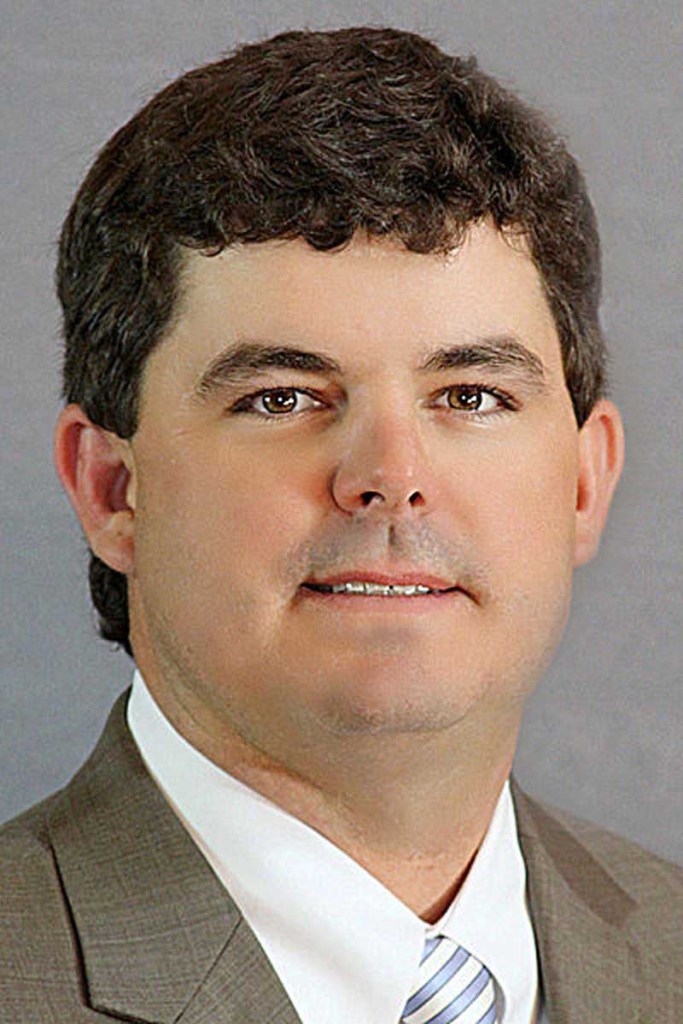Lawmakers tighten up farm tax break
Published 10:13 pm Thursday, April 5, 2018

- Rep. Sam Watson
ATLANTA – Lawmakers have approved changes meant to discourage abuse of a popular sales tax break for farmers.
The measure, sponsored by Rep. Sam Watson, R-Moultrie, addresses a flaw revealed last year in a state audit, which found that the state Department of Revenue cannot share information – including findings of misuse – with the Department of Agriculture.
The sales tax exemption is for items used in farm work, such as ATVs, animal feed, fertilizers and irrigation systems. Variations of the tax break go back to the 1960s, but the perk was formalized several years ago under a program called the Georgia Agricultural Tax Exemption program, known as GATE.
Cities and counties, particularly in rural areas, have long bemoaned the lost sales tax revenues and questioned whether enough safeguards were in place to prevent abuse. The program likely costs the state and local governments about $300 million annually, according to the audit.
The Revenue Department discovered unqualified purchases and ineligible cardholders in about two-thirds of the 42 audits performed, according to the 2017 report. But state law barred the agency from relaying the audit findings to the Department of Agriculture, which has the authority to suspend or revoke card privileges.
“If they can’t talk to each other, that’s silly,” Watson said this legislative session.
Watson’s bill also tightens up some of the program’s requirements, including the income threshold to qualify. Whereas participants must currently produce, or have the capacity to produce, $2,500 in agricultural products or services each year, the bar will be set at $5,000.
Cardholders will also have to pay $150 for a three-year period, up from $25 annually, in order to use the card.
Some lawmakers argued that the changes go too far.
“We punished the whole class of people for the wrongs of just a few,” said Sen. Bill Heath, R-Bremen, who is a farmer and program participant. Heath voted against the bill, citing the increased fee and income threshold.
Watson, who is also a farmer and a program participant, said the goal is to protect the integrity of the program and ensure the long-term survival of a tax break that Watson said is vital for the state’s agricultural producers. There are about 38,000 program participants.
But the south Georgia lawmaker said he also believes the agricultural industry is being held to a higher standard than other industries in the state, such as manufacturing and film.
“We’re addressing concerns,” said Watson, who chairs the rural caucus. “We’re coming to the table and trying to do our part, and that’s what we’re supposed to do. But then again, it’s still not fair. Why do we have to come to the table when nobody else does?”
The bill now sits on the governor’s desk after easily clearing the House and passing the Senate with a 47-to-6 vote this session, which ended last week.



